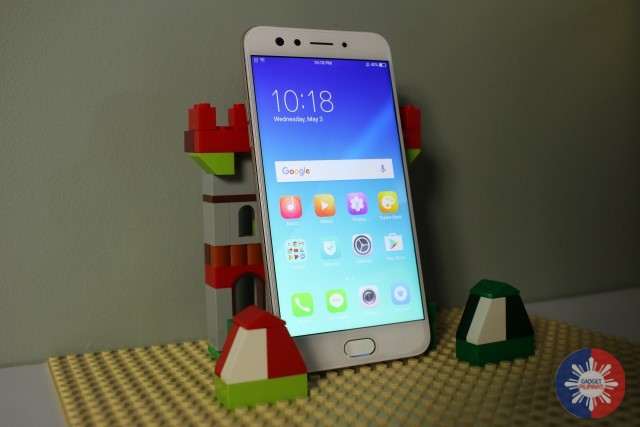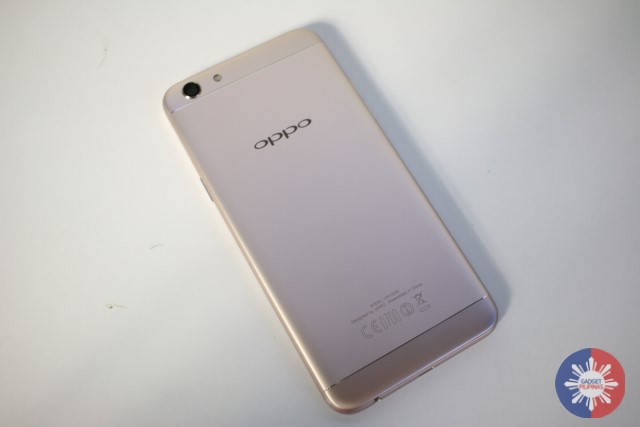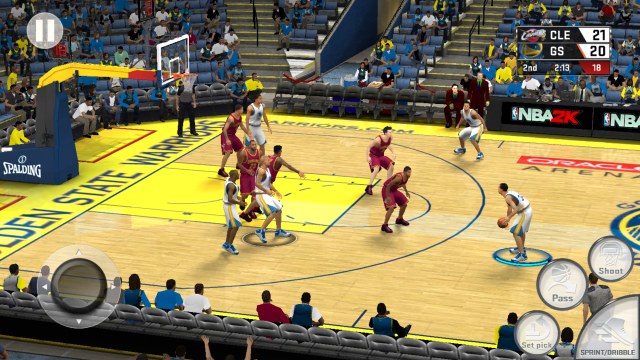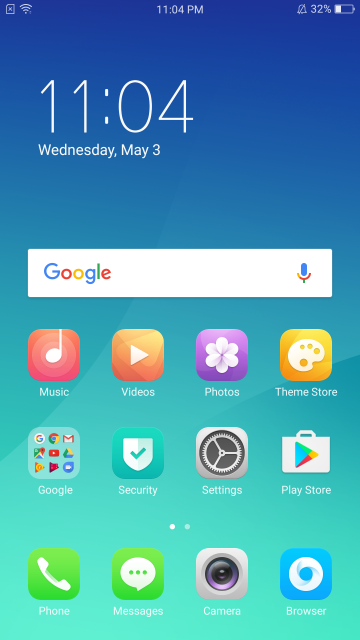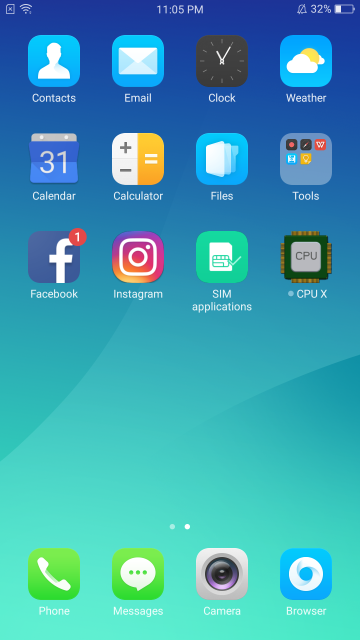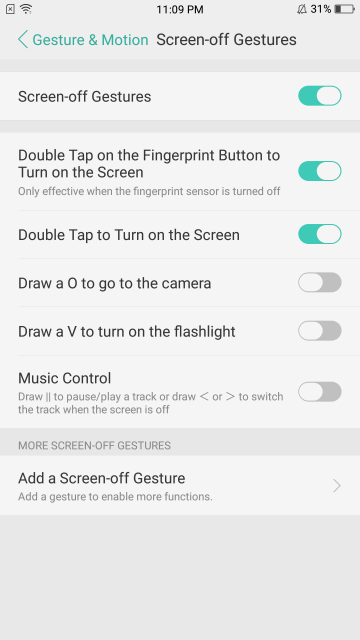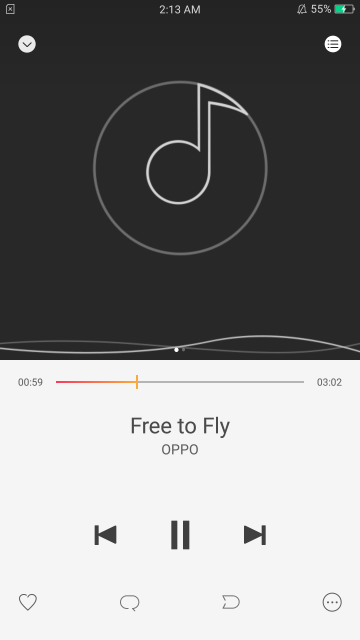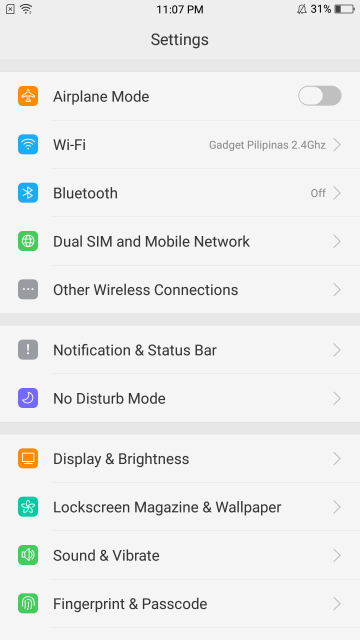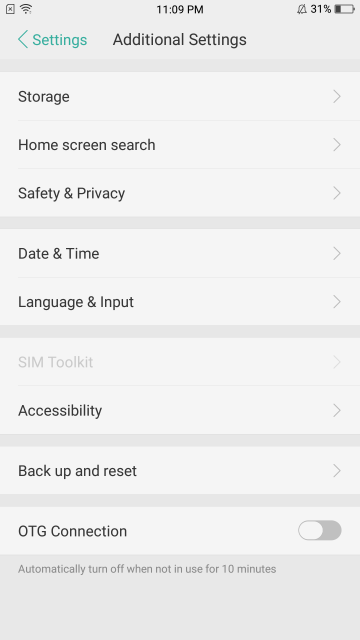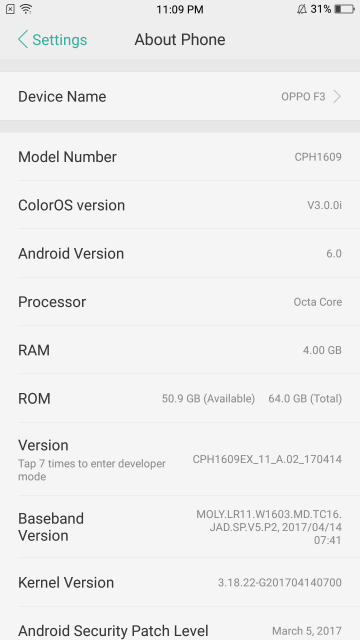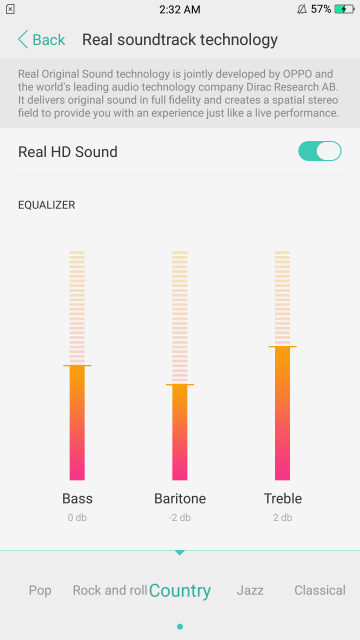Last time, we showed you our initial thoughts on OPPO’s newest camera-centric device, the F3. Now, we’ve done more tests to give you more information on just what this device can do.
Packaging
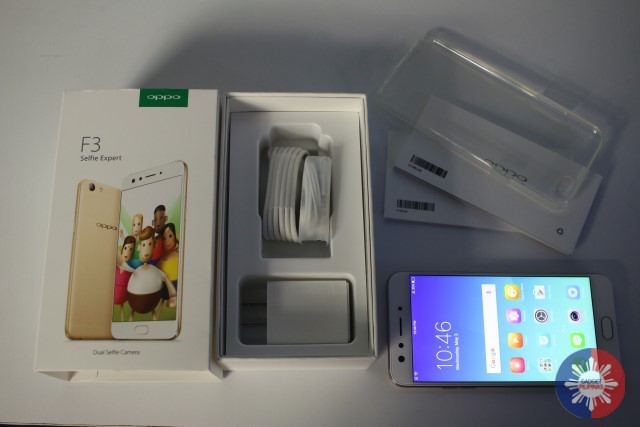 OPPO is generous in terms of packaging. Aside from the usual Charger, USB Cable, Headset, and manuals, you also get a clear case for your unit.
OPPO is generous in terms of packaging. Aside from the usual Charger, USB Cable, Headset, and manuals, you also get a clear case for your unit.
Design and Build Quality
The OPPO F3 borrows the design language of its bigger brother with its metal and glass body, with the dual front camera setup on a smaller 5.5-inch display.
The smaller form factor makes the F3 more ideal for one-handed operation and still retains the premium feel and sense of sturdiness.
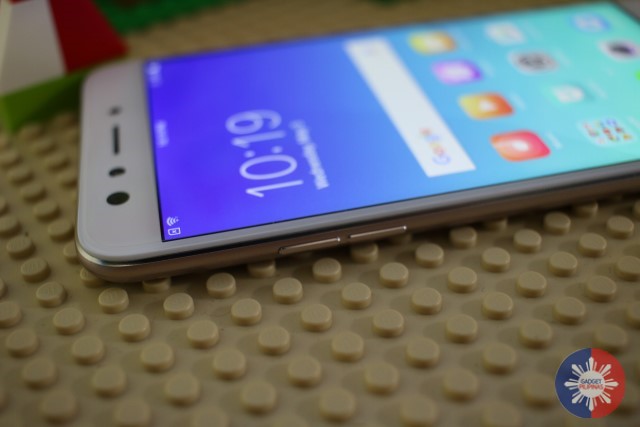 The power button and Triple Card slot are both located on the right, while the volume rockers are on the left side of the device.
The power button and Triple Card slot are both located on the right, while the volume rockers are on the left side of the device.
At the bottom is the headphone jack, a microphone, a single speaker, and a standard MicroUSB port.
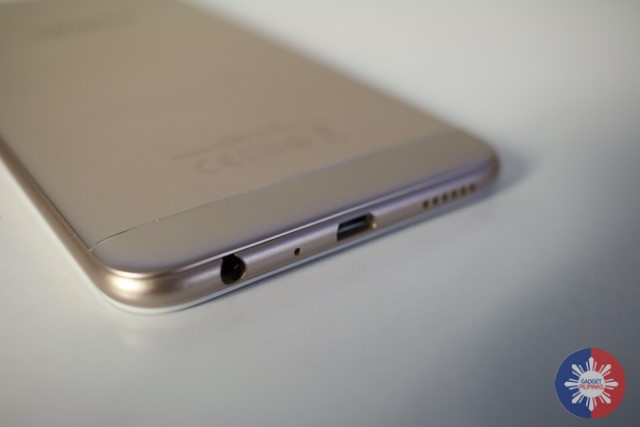 There’s no notification light, which means you’ll have to regularly check your phone for notifications. This isn’t a huge miss, but given that there’s no on-screen display here. It’s a hassle.
There’s no notification light, which means you’ll have to regularly check your phone for notifications. This isn’t a huge miss, but given that there’s no on-screen display here. It’s a hassle.
Display
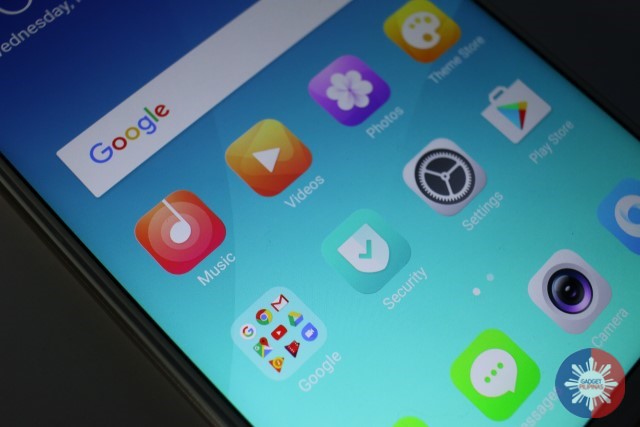 The 5.5-inch Full HD display is very bright, and sports the signature liveliness that comes with OPPO displays with rich colors and sharp text.
The 5.5-inch Full HD display is very bright, and sports the signature liveliness that comes with OPPO displays with rich colors and sharp text.
Performance
OPPO F3 Specs:
- 1.5GHz MediaTek MT6750T Octa-Core Processor
- 4GB of RAM, 64GB of internal storage expandable via MicroSD Card (Up to 128GB)
- 5.5-inch Full HD In-Cell TFT 2.5 Curved Display, Gorilla Glass 5 Protection
- 13MP Rear Camera
- 16MP + 8MP Front Camera, f/2.0, 120° Wide-Angle Lens, Screen Flash
- Dual SIM, LTE, VoLTE Support
- ColorOS 3.0 on top of Android Marshmallow
- 3,200mAh battery
- OTG
- Sensors: Fingerprint, Accelerometer, Gyroscope, Proximity, Compass
The OPPO F3 is powered by a MediaTek MT6750T Octa-Core CPU clocked at 1.5GHz along with 4GB of RAM and 64GB of internal storage. The choice of SoC isn’t a surprise, given that it’s positioned at a lower price point. Here are some benchmark scores versus the F1s and the Vivo V5.
| OPPO F1s | Vivo V5 | OPPO F3 | |
| AnTuTu | 39844 | 41300 | 52901 |
| Geekbench Single-Core | 644 | 593 | 767 |
| Geekbench Multi-Core | 2509 | 2434 | 2782 |
| Geekbench Compute | 1383 | 1327 | 2172 |
While benchmark scores don’t always reflect actual performance, it gives us more or less a baseline.
General Performance
The overall experience in general tasks which includes installing apps, sending emails, watching videos, playing music, browsing the web, and updating social media was mostly satisfactory. There were moments when the device got warm, but not enough to cause worry.
Gaming Performance
The F3 can run Mobile Legends and NBA 2k17 without any major issues. You’ll have to turn down the settings a bit to get a smoother experience for the latter, but for a phone that’s not positioned for gaming, i’d say it’s a welcome compromise.
Rear Camera
In adequate lighting, photos taken by the 13MP main camera on casual point and shoot scenarios have accurate colors and sufficient detail. A bit more sharpness wouldn’t be so bad though.
Low light photos were slightly grainy, but there was still enough detail left. Sharpness is more or less the same as in daylight.
Front Camera
With enough lighting, the F3’s dual front cameras can capture selfies with good detail, sharpness, and accurate colors. The wide angle lens also works well when capturing groufies as it gives room for more subjects to be included in the photo.
The bokeh effect still needs some refinements as some portions appear pixelated, other portions appear blurred when they shouldn’t be, and vice versa.
In low light, selfies came out just slightly grainy, but for a mid-range device, i’d say that is to be expected, and that the overall quality is decent enough.
Software
The F3 runs on ColorOS 3.0 on top of Android Marshmallow, which brings about the familiar look, icons, and apps from the manufacturer, along with the slew of options for customizing the device. Yep. There’s still no double tap to sleep, when there’s double tap to wake.
The simple and easy to use camera software returns here with a few modes that you can play with. There’s Pro mode which lets you individually adjust each element of your shot. As with the F3 Plus, the Bokeh option can still only be enabled when in Beauty mode.
Audio
OPPO has collaborated with Dirac Research AB to develop Real Sound Technology, which is supposed to enhance the sound to provide a live-like performance when using headphones. You can choose from a number of presets, or create your own custom setting.
It’s useful if you don’t like the default sound quality which leans more on the balanced side, and is already good without tweaking. The speaker is also quite loud, and doesn’t produce audible distortions at high volume.
Battery Life
 The OPPO F3’s 3,200mAh battery should last you the whole day on light to moderate usage. Charging time takes about 2 hours from zero to full, which is slightly better than average.
The OPPO F3’s 3,200mAh battery should last you the whole day on light to moderate usage. Charging time takes about 2 hours from zero to full, which is slightly better than average.
Verdict
The OPPO F3 combines elegant design, great packaging, excellent build quality, a vivid display, and outstanding battery life into one product.
There are of course, things that some people won’t be happy with such as the lack of an LED notification light, the unrefined bokeh effect, and the somewhat underwhelming processing package.
If you only care about good looking selfies and groufies, the OPPO F3 is a decent choice for its price. But if you’re more about sheer performance, there are other options such as the ASUS Zenfone 3, and if you really want to push it further, you can save a bit more and get a Vivo V5 Plus which offers both.
The Good
- Design and Build Quality
- Display
- General Performance
- Sound Quality (Both on Speaker and Headphone)
- Battery Life
- Camera Performance
The Not So Good
- Gaming Performance
- Bokeh Effect Needs Some Work
- Price (PhP16,990)
- No Fast Charging
- No Notification LED
Emman has been writing technical and feature articles since 2010. Prior to this, he became one of the instructors at Asia Pacific College in 2008, and eventually landed a job as Business Analyst and Technical Writer at Integrated Open Source Solutions for almost 3 years.


